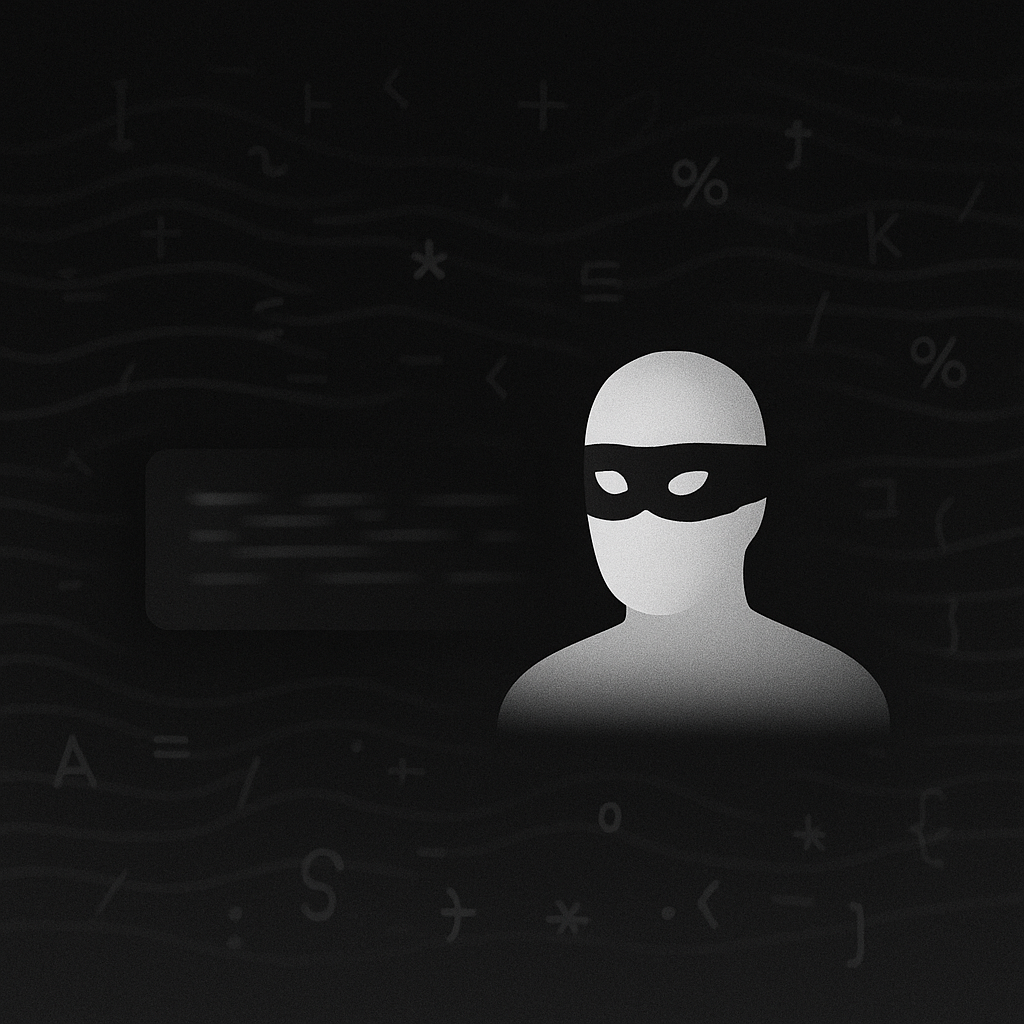Back in 2020, a Trump-era policy quietly opened the door for U.S. federal agencies to share the IP address data of American citizens across departments. That policy was paused. But now, under the current administration, it’s back.
According to a recent report in The Hill, a Homeland Security initiative is once again enabling agencies — from the FBI to local police — to access shared internet metadata. That includes your IP address, your general location, and even the device ID tied to your online activity.
Here’s what this means for your privacy — and why using a private browser that actively blocks surveillance is more urgent than ever.
The New Normal: Agencies Sharing Your IP Metadata
The program in question doesn’t require a warrant. It doesn’t notify the user. And it’s not based on any specific suspicion of wrongdoing.
Instead, it creates a central pipeline of shared network data:
- IP addresses from private and public Wi-Fi networks
- Account identifiers from online activity
- Metadata from websites, apps, and cloud services
Think of it like this: once your IP address touches a federal system, it can be passed to hundreds of other systems without your consent.
This is mass surveillance by infrastructure, not by intention.
What’s the Real Risk?
Your IP address is a digital breadcrumb that leads straight back to you.
When paired with browser fingerprinting and location data, it allows agencies — and private companies — to:
- Identify you even without a login
- Track your activity across multiple websites
- Build a behavior profile from passive observation
And that’s before you factor in the device-level surveillance now baked into IoT devices and social media SDKs.
Why a Private Browser Still Matters
If your browser leaks data, you’re fueling the system.
Modern private browsers do more than block cookies — they:
- Obfuscate your agent string to confuse fingerprinting
- Auto-wipe session data to prevent metadata trails
- Disable location tracking and network leaks
- Avoid passive scripts that feed ad networks and government proxies
But not all privacy browsers are created equal. Some only offer token privacy features. Others sell your anonymized behavior in the background.
That’s why we built Incognito Browser for 2025.
- ❌ No logs
- ❌ No tracking scripts
- ❌ No third-party analytics
- ✅ Built-in agent cloaking
- ✅ Session autowipe
- ✅ Native support for .eth and .crypto domains
If agencies want your data, they won’t get it from us.
How to Break the Surveillance Chain
This isn’t about paranoia — it’s about digital hygiene.
If your browser is leaking your IP, location, fingerprint, and user behavior to adtech — that’s data that can end up in a government database.
Here’s how to shrink your surface area:
- Use a true private browser — not just incognito mode
- Pair with a trustworthy VPN to mask your IP
- Run agent cloaking to hide browser fingerprints
- Use DNS-over-HTTPS to encrypt lookup traffic
- Avoid apps and sites with embedded surveillance SDKs
- Turn off geolocation, Bluetooth, and nearby sharing
The Stakes Are Real
When federal surveillance becomes normalized and decentralized, your online behavior becomes a tool of the state.
And the only way to opt out… is to actively opt out.
🔐 Get Incognito Browser
Stop feeding a system that profits from your every click.



